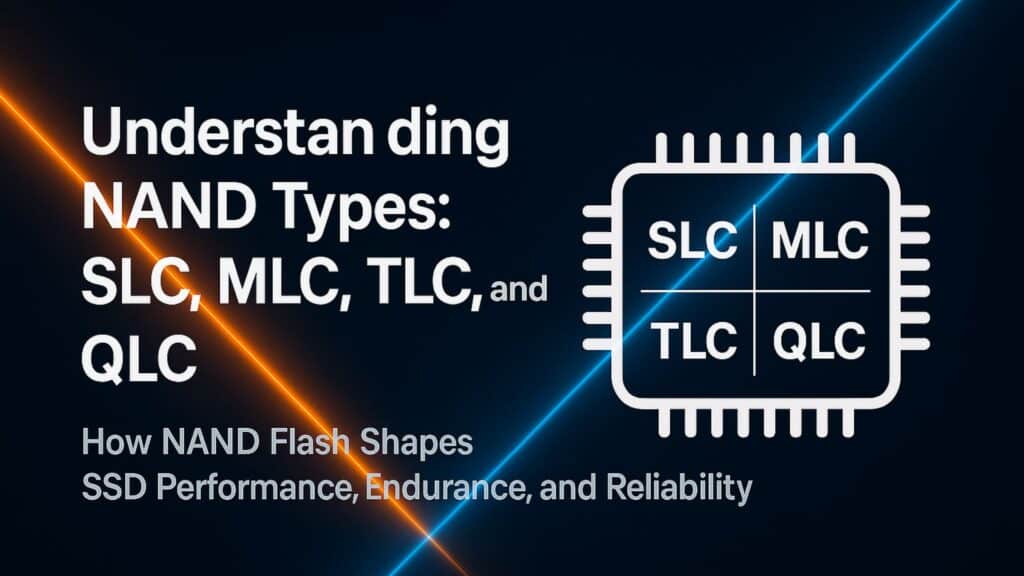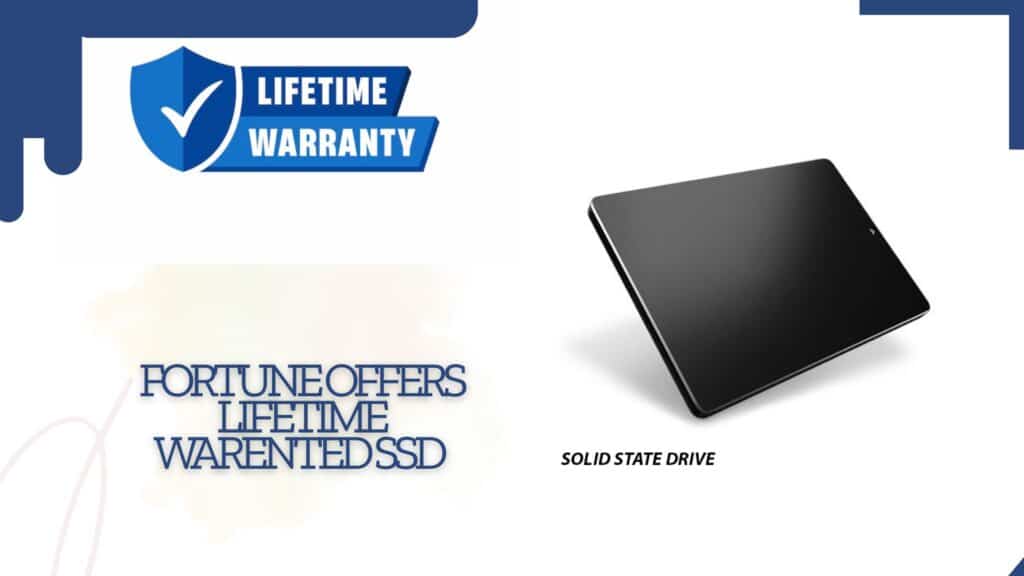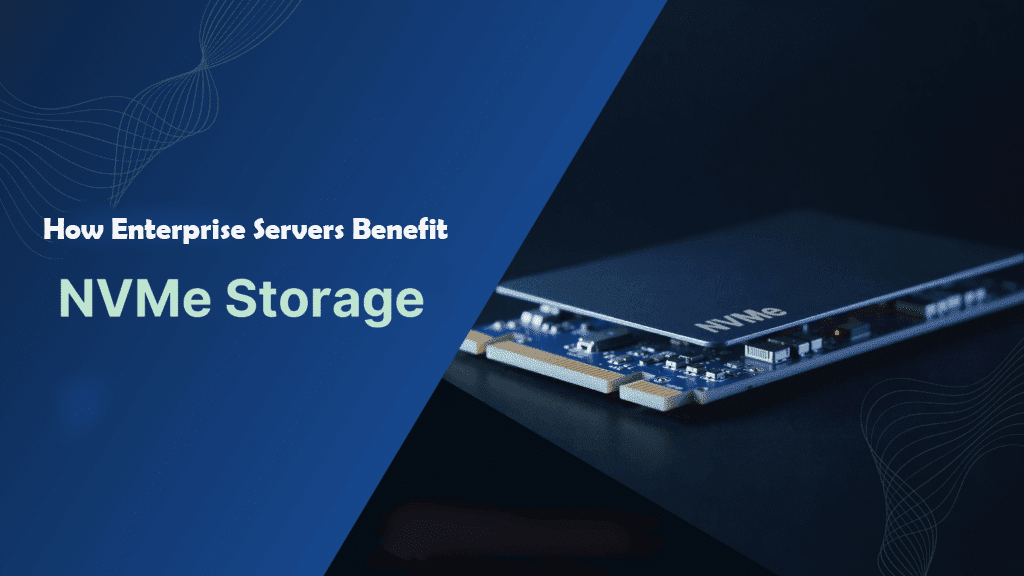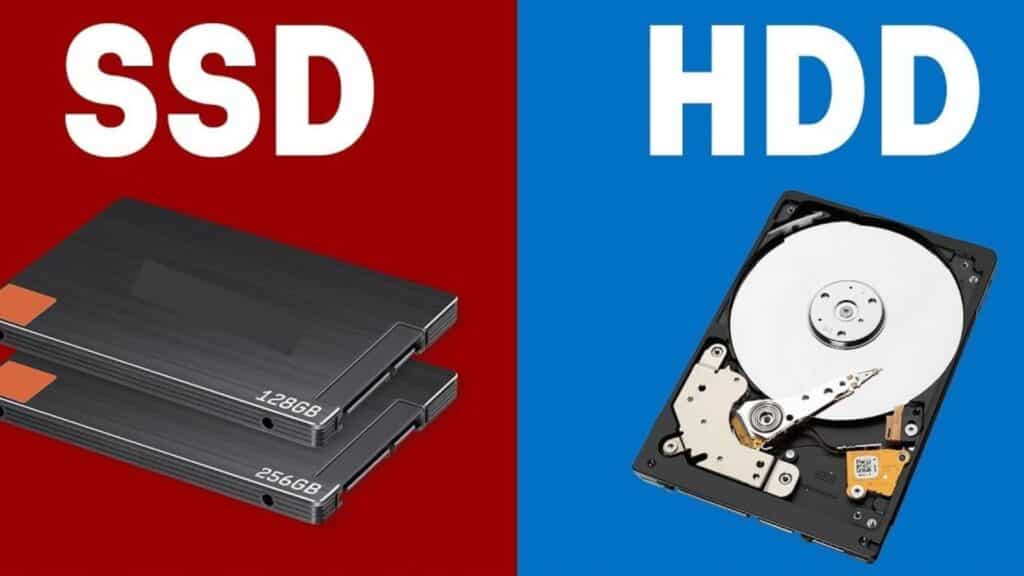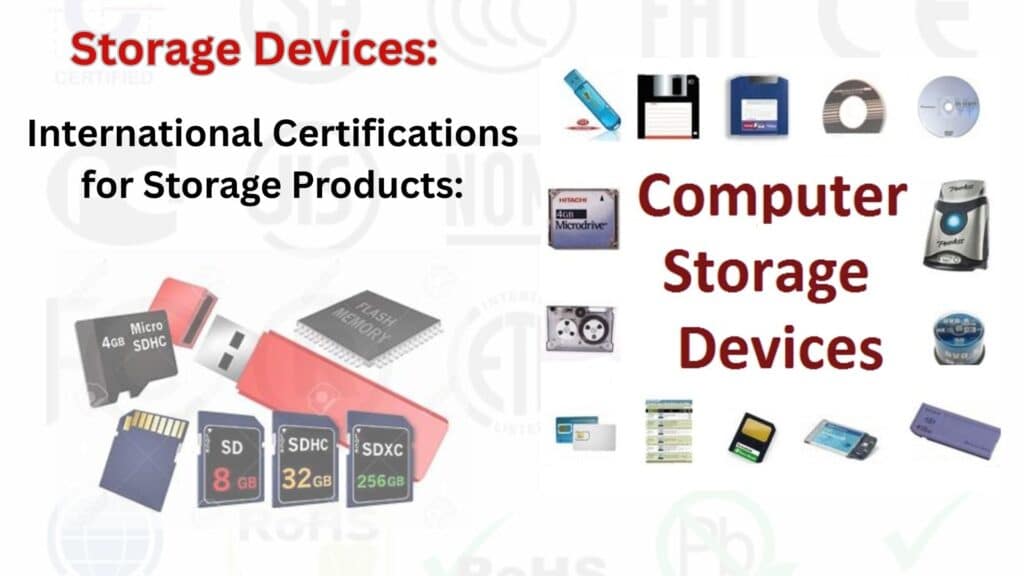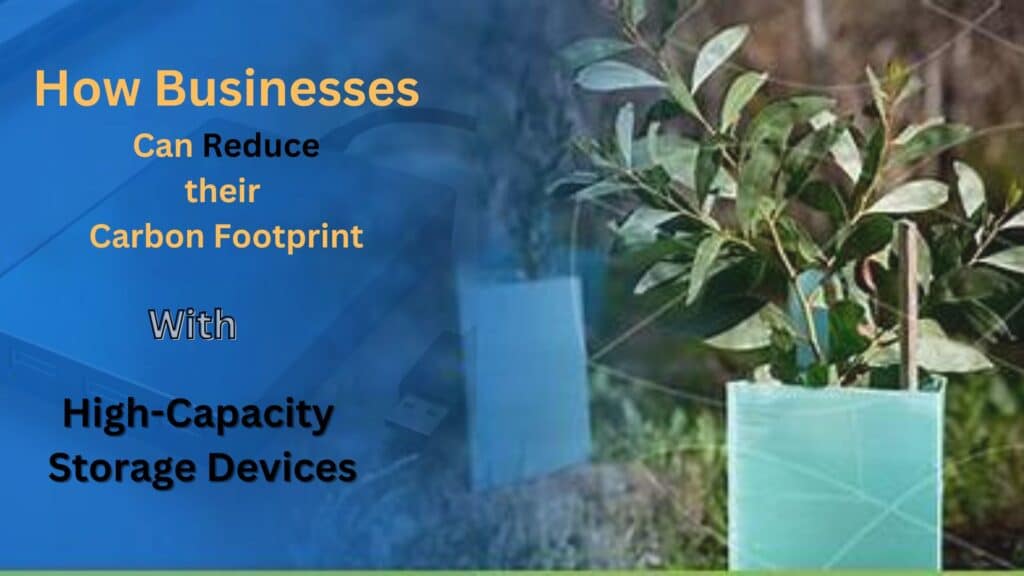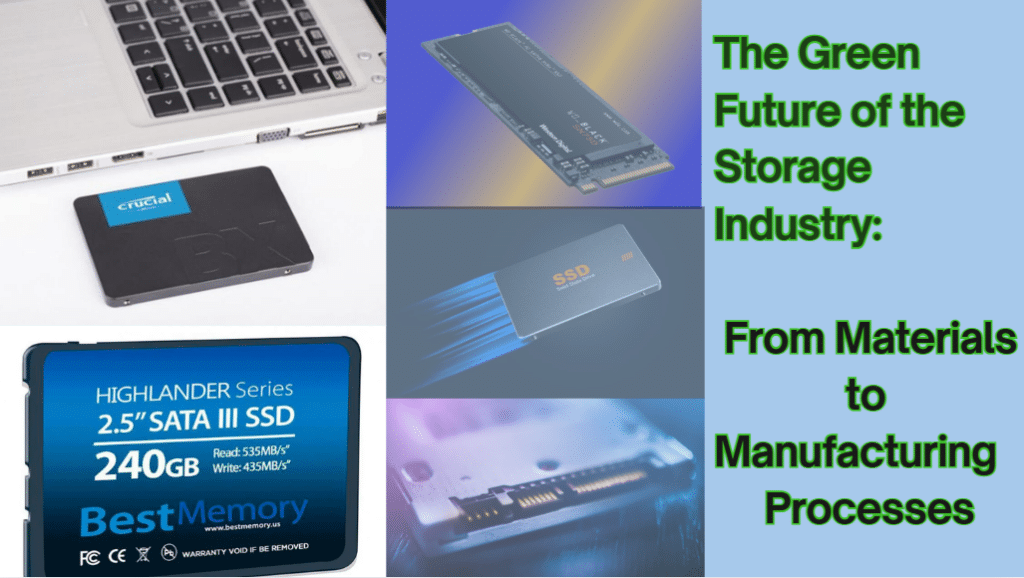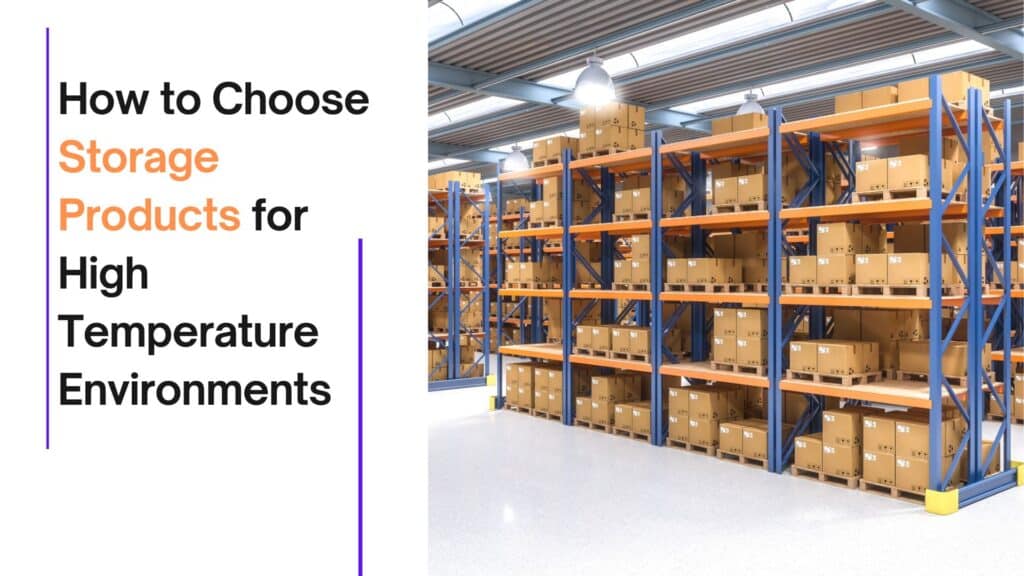Understanding Enterprise vs. Consumer Storage Requirements
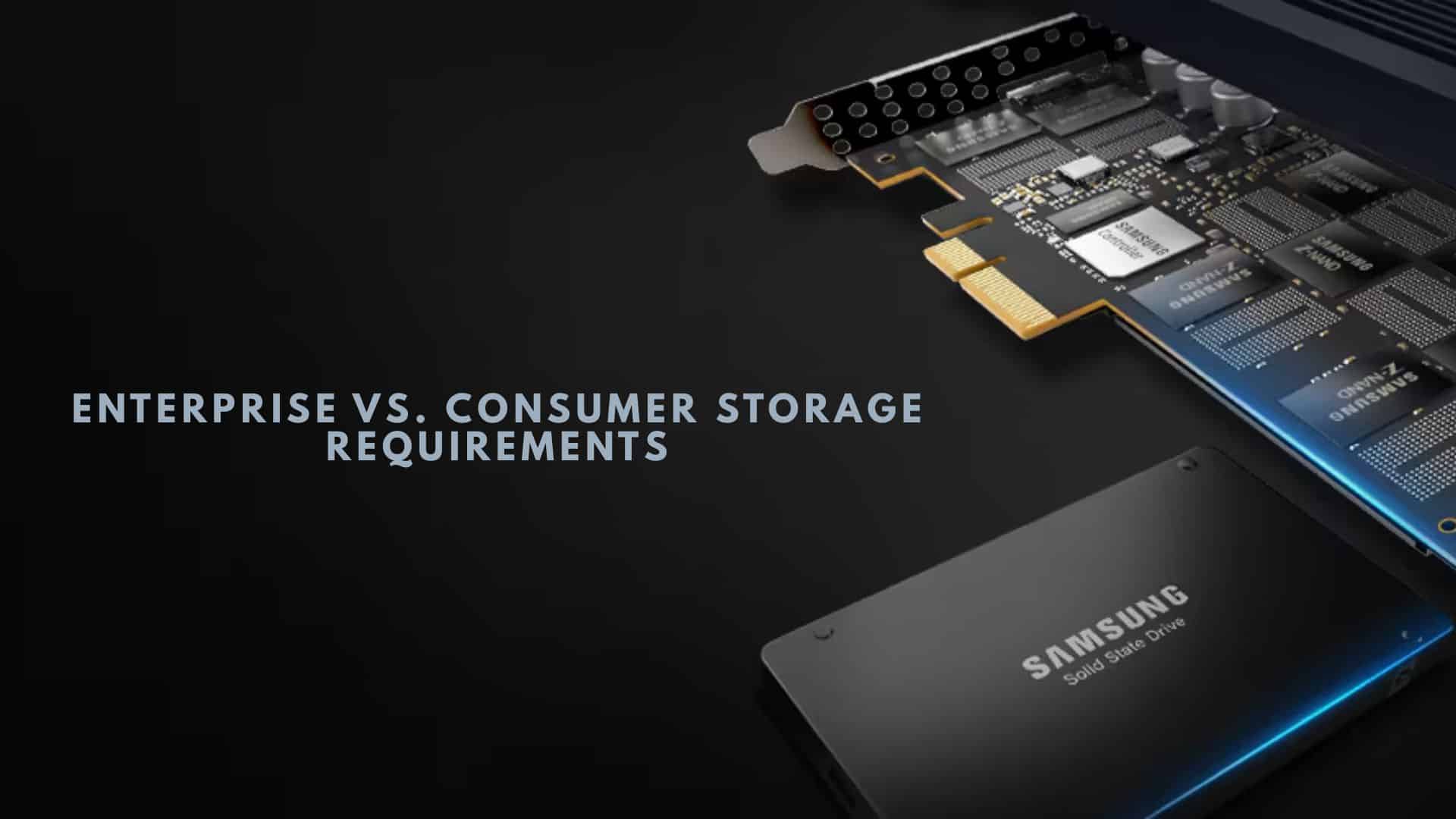
In today’s digital world, storage solutions play a crucial role in both personal and business applications. Whether it’s a high-capacity SSD, a network-attached storage (NAS) device, or a cloud backup solution, choosing the right storage depends on specific needs. While enterprises require robust, scalable, and secure storage systems to manage vast amounts of data, consumers prioritize affordability, ease of use, and performance for everyday tasks. In this article, we’ll compare enterprise and consumer storage requirements, exploring key differences in capacity, security, performance, and scalability.
What Defines Enterprise Storage?
Enterprise storage is designed for businesses and large organizations that generate, process, and store vast amounts of data. Unlike consumer storage, which focuses on individual needs, enterprise storage solutions prioritize:
- Reliability: Continuous uptime with minimal risk of failure.
- Scalability: The ability to expand storage capacity as data needs grow.
- Data Security: Protection against cyber threats, unauthorized access, and data corruption.
1. High-Capacity Storage for Enterprise Data
Enterprises handle massive amounts of data, requiring high-capacity SSD and HDD solutions. These are essential for:
- Big Data Processing: Large datasets demand high-speed storage with low latency.
- Database Management: Businesses rely on high-performance storage for real-time access to structured and unstructured data.
- Data Archiving: Companies must store historical records and backups securely.
For this reason, enterprises often use network-attached storage (NAS) devices or cloud-based cloud backup solutions to manage their ever-expanding data needs.
2. Security and Compliance in Enterprise Storage
Security is a top concern for businesses. Enterprise storage solutions must comply with strict regulations such as GDPR, HIPAA, and SOC 2. Key security features include:
- End-to-End Encryption: Ensures data is protected during storage and transmission.
- Access Controls: Role-based access restrictions prevent unauthorized data access.
- Automated Backups: Regular backups through a cloud backup solution prevent data loss.
3. Performance and Reliability
Businesses require storage solutions that provide high availability and low latency. Key features of enterprise storage include:
- RAID Configurations: Redundant storage setups ensure data protection against hardware failures.
- NVMe SSDs: Faster than traditional SSDs, NVMe drives reduce data retrieval time.
- 24/7 Uptime: Enterprise storage must function without downtime to support business operations.
What Defines Consumer Storage?
Consumer storage is designed for personal use, focusing on affordability, convenience, and performance. Unlike enterprise storage, consumer solutions are simpler and more budget-friendly.
1. Storage Capacity Needs for Consumers
For everyday users, a high-capacity SSD or external HDD is often sufficient. Consumer storage is used for:
- Multimedia Storage: Storing photos, videos, and music.
- Gaming Libraries: Gamers need high-capacity SSD storage for fast load times.
- Personal Documents: Storing work files, school projects, and personal documents.
Most consumers do not require network-attached storage (NAS) devices, as they typically store data locally or in the cloud.
2. Data Security for Consumers
While security is important, consumer storage does not need the extensive protection required for enterprise environments. Basic security features include:
- Password Protection: Encryption tools for securing personal data.
- Two-Factor Authentication: Added security for cloud storage accounts.
- Cloud Backup Solution: Consumers use cloud storage services like Google Drive or Dropbox for remote backups.
3. Performance and Convenience
For personal use, speed and ease of access are key priorities. Most consumers rely on:
- SATA SSDs or External Drives: Faster than traditional HDDs, ideal for everyday use.
- Plug-and-Play Storage Solutions: USB drives and external SSDs for quick file transfers.
- Cloud Backup Solutions: Automatic syncing and access from multiple devices.
Enterprise vs. Consumer Storage: A Detailed Comparison
| Feature | Enterprise Storage | Consumer Storage |
| Capacity | Petabytes of data storage | Up to a few terabytes |
| Security | Encryption, access controls, compliance | Basic password protection |
| Performance | High-speed SSDs, RAID, NVMe storage | SATA SSDs, external HDDs |
| Scalability | Easily expandable NAS or cloud storage | Limited scalability |
| Backup Solutions | Automated cloud backups, RAID storage | Personal cloud storage, external drives |
| Uptime Requirements | 24/7 uptime with redundancy | Not critical, occasional use |
Choosing the Right Storage Solution
When to Choose Enterprise Storage
Businesses should invest in enterprise storage if they require:
- High-volume data storage with fast access speeds.
- Scalability to accommodate future growth.
- Advanced security features to protect sensitive information.
- Continuous uptime to support business operations.
Enterprise environments benefit from network-attached storage (NAS) devices and cloud backup solutions to ensure data integrity and availability.
When to Choose Consumer Storage
For personal use, a high-capacity SSD or external HDD is typically sufficient. Consumer storage is ideal for:
- Everyday file storage like photos, documents, and videos.
- Gaming and entertainment, requiring fast load times.
- Basic data security without enterprise-level encryption.
- Affordable and simple solutions for home users.
Future Trends in Storage Technology
1. Growth of Cloud Storage
The demand for cloud backup solutions is rising, with both enterprises and consumers moving away from physical storage devices. Future trends include:
- Hybrid Cloud Storage: Combining on-premises storage with cloud solutions.
- AI-Driven Data Management: Automating storage allocation and optimization.
- Improved Encryption: Enhancing security for cloud-stored data.
2. Advances in SSD Technology
As SSD prices continue to drop, we can expect:
- Larger Capacity SSDs: Replacing HDDs in both consumer and enterprise markets.
- PCIe 5.0 and Beyond: Faster data transfer speeds with new SSD standards.
- More Durable Storage Solutions: Increasing longevity and reliability.
3. Enhanced Security Measures
Data breaches and cyber threats are driving improvements in storage security. Future innovations include:
- Blockchain-Based Storage: Decentralized data protection.
- Zero-Trust Architecture: Verifying every access request.
- More Sophisticated Encryption Techniques: Protecting against quantum computing threats.
Conclusion
Understanding the differences between enterprise and consumer storage is essential for choosing the right solution. Enterprises require high-capacity SSDs, network-attached storage (NAS) devices, and cloud backup solutions to ensure security, performance, and scalability. Consumers, on the other hand, prioritize affordability, ease of use, and speed, often opting for high-capacity SSDs and cloud storage services.
As storage technology continues to evolve, both businesses and individuals will benefit from faster, more secure, and more efficient data management solutions. Whether you’re an enterprise looking for scalable infrastructure or a consumer in need of simple and reliable storage, the right choice depends on your specific needs.


